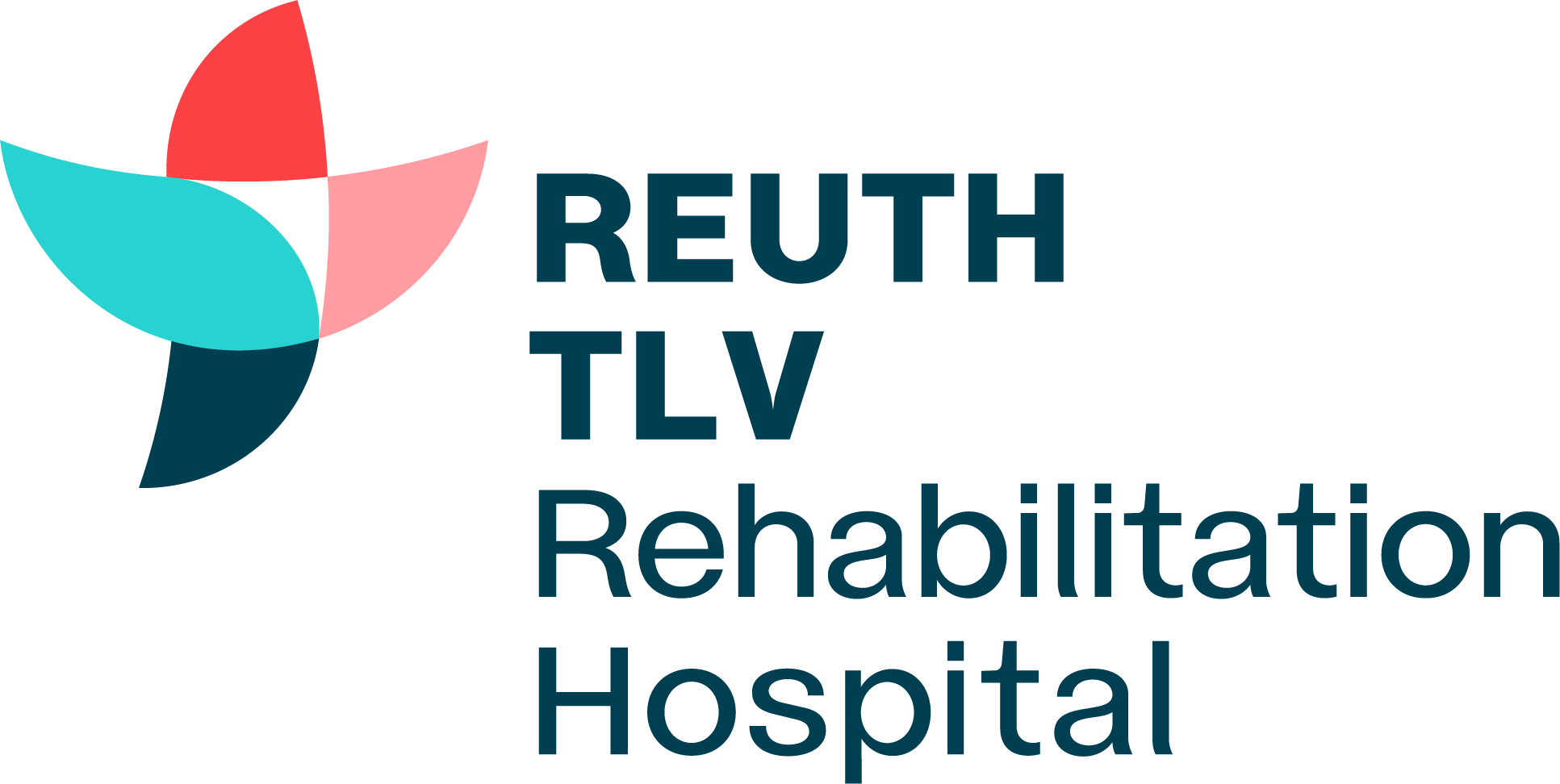When a family member is no longer independent, it is generally another family member – usually a woman – who takes the main part of that person’s care upon herself. She is the one termed “primary caregiver” by professional literature.
The primary caregiver is a type of care-giving superwoman. It is the caregiver’s job to take responsibility and find solutions for every aspect of her charge’s life. She must take care of the needs within the home, a task that includes buying special equipment, organizing the home, etc. In addition she is in charge of the elderly person’s medical needs, including buying medication, doctors’ appointments, bathing, caring for bedsores, and ensuring a proper diet. She also has to deal with various bureaucratic procedures related to Bituach Leumi pensions and other benefits the person may be entitled to. And of course, the caregiver is the one who provides social and emotional support to the elderly person.
Who will be the primary caregiver?
When the person who needs care has a living spouse, in most cases it is the spouse who becomes the primary caregiver. However, if the spouse also has health problems, or for whatever reason cannot assume responsibility for all matters, the role usually goes to one of the children in the family. It is important to keep the care-giving within the family in order to instill a sense of stability and warmth. And yet, caring for an ill family member entails a strong emotional involvement, and is often fraught with a sense of burden and fatigue.
How to ease the primary caregiver’s burden?
The fact that one member of the family has taken upon herself the task of primary caregiver does not mean that the rest of the family is “off the hook”. It is strongly recommended that all family members get involved with the care-giving. It is advisable to distribute the tasks in an organized fashion, preparing a detailed, planned schedule, which takes into account the needs of both the person being cared for and the the primary caregiver.
The caregiver should be able to have regular mealtimes and a good night’s sleep, as well as time off for the activities she enjoys, and for spending time with other family members and friends. In other words, it is important to allow the primary caregiver to keep up her routine as much as possible.
Suitable care facilities for the elderly may also be found, permitting the caregiver some time to herself. These may be daycare centers for the elderly, a relief caregiver (an Israeli or a foreign worker) or special respite program.
Where to find help for primary caregivers?
In addition to other family members participating in the care-giving, assistance can also come from an outside source, in the form of a support group for caregivers. In this group, the caregiver can meet others who are in the same situation, experiencing similar difficulties and loneliness. At group meetings the caregiver can share her feelings and hear about other ways to cope with the difficult situation.
Support groups of this kind can be found in various nonprofits (such as “Emda”, “Na’aman”, “Eyal”, “Amcha” and others), hospitals (such as Tel Hashomer), social service offices and nonprofits for the elderly in various residential areas.
If actual physical attendance is difficult, the caregiver can participate in an online support group by the Emda NPO.
The information presented in the English website is partial. For full info please visit our Hebrew website

 donation
donation 




“Reuth Information Center”, All rights reserved to Reuth rehabilitation hospital. Reuth Information Center is an informational site only. All information on the Website is not a replacement or a substitute for medical, legal, economic, consumer, financial or other advice and any use of the information on the Website is solely the responsibility of the User. Surfing is subject to Terms of Use.